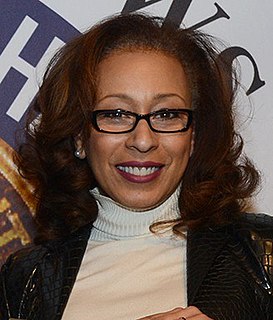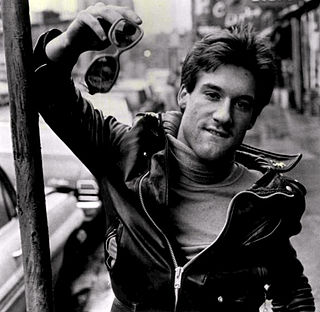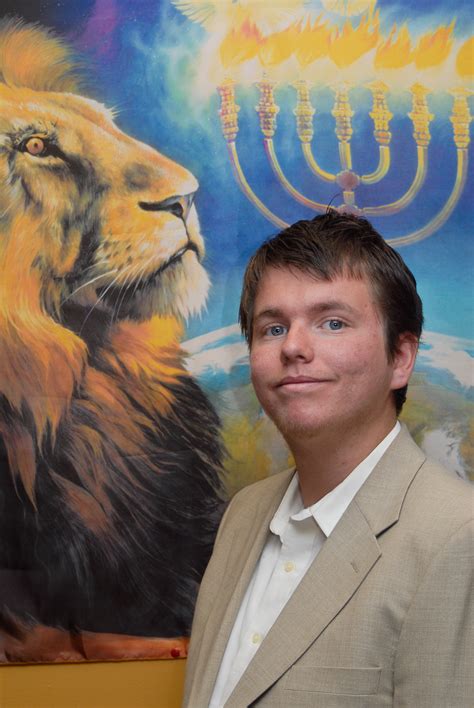A Quote by Kevin Young
In African-American culture, there's often a family historian, someone who does the genealogy or keeps the family Bible. I became aware that might be one role the poet has.
Related Quotes
I connect with my culture through my family. I speak Portuguese to my parents so that I can practice. I stay engaged with my extended family through a lively group chat on WhatsApp. That sense of community and family is the heart of Brazilian culture, and staying engaged with my family is what keeps me connected.
[I]n Africa I was a member of a family—of a sort of family that the people of your culture haven't known for thousands of years. If gorillas were capable of such an expression, they would tell you that their family is like a hand, of which they are the fingers. They are fully aware of being a family but are very little aware of being individuals. Here in the zoo there were other gorillas—but there was no family. Five severed fingers do not make a hand.
In the United States, the average is two children per family, while in Africa it is five children per family. On the surface, the statistic seems to indicate that Africans are having way too many kids and are taxing the Earth's resources, while American kids are born into families who are able to take care of them. However, the average American child consumes roughly the same resources as fifteen African children. So when an American family says they only have two children, they are actually consuming the resources of an African family of thirty children!
African Americans, in particular, saw their cumulative wealth crash. They used to have 10 cents on the dollar of the average white family. That 10 cents on the dollar that the African American family used to have crashed down to 5 cents on the dollar, given the focus of predatory lending on the African American community and the degree to which they were really devastated by the foreclosure crisis. So yeah, I think there is a lot of disappointment out there.
. . . What role does historiography play in the way a society and culture "remembers" past events? Does the historian have a moral or civic responsibility to this project of memory that ought to influence the way he or she engages in historical practice? Should moral concerns influence the historian's choice of subject matter, of issues to discuss, of evidence to use?
My aunt Geraldine was the unofficial historian and storyteller. She had all the information about family members and the gossip that came out of the church because we were very much part of the African Methodist Episcopal Zion Church. At family gatherings, the older folk had the floor, had pride of place, and it was their stories I remember.































